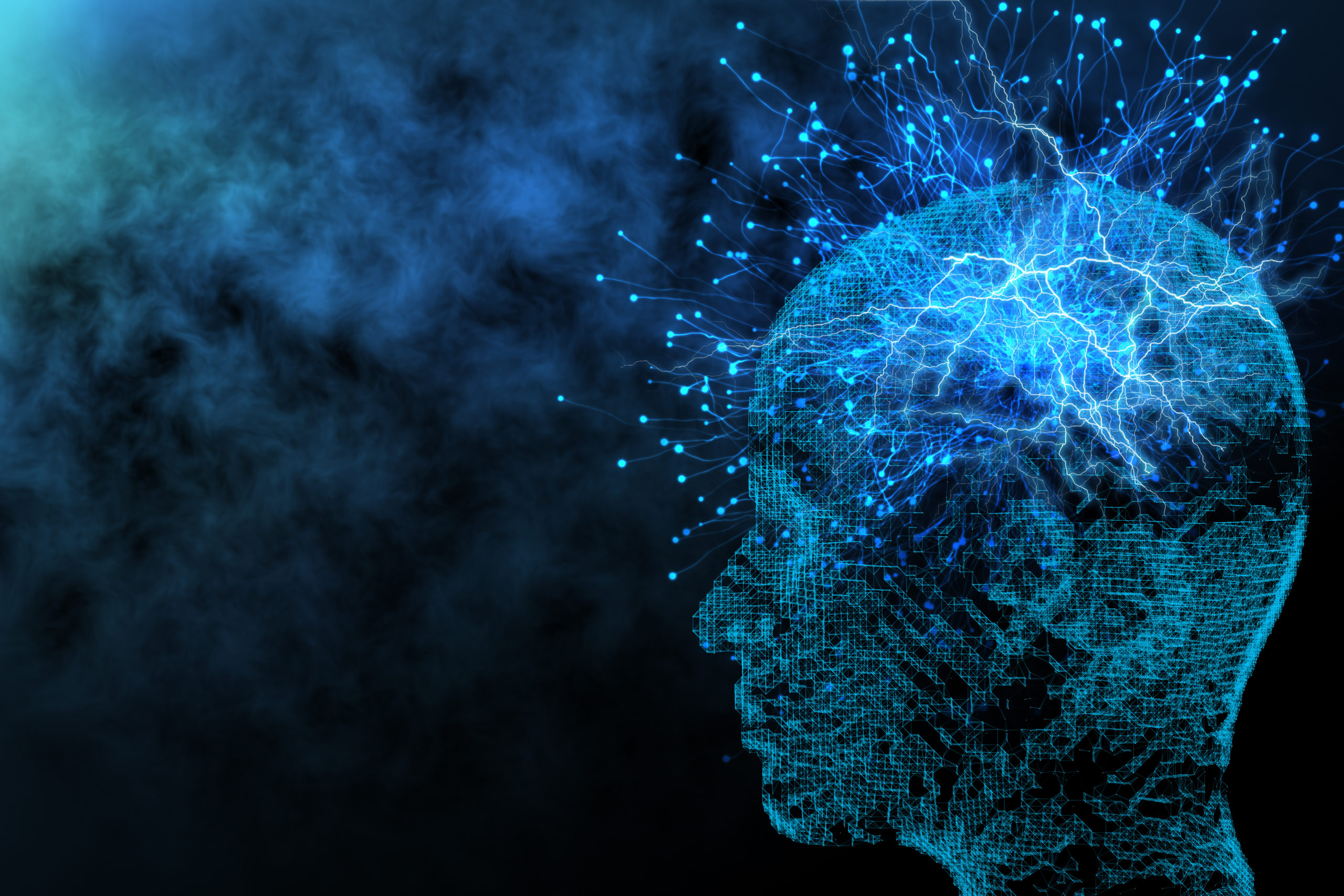
How to Tell a Persons “Brain Age”
May 31st, 2017In recent years, scientists have delved into molecular depths of the human body and discovered the bio-markers of aging, some of which extended to the brain. Researchers are harnessing another tool, neuroimaging, to measure the age of our organs, and in turn predicting how long a person will live.
James Cole and his colleagues at the Imperial College London have recently developed their own method of predicting the biological age of people’s brains, by using both machine learning and magnetic resonance imaging (MRI) scans in combination. A study published last month in molecular psychiatry, the research team described that the technique used was able to predict mortality in humans. Results found that those with ‘older’ brains had a greater risk of dying before the age of 80.
To generate the markers of brain aging, firstly the team trained a machine-learning algorithm to analyze brain scans from a healthy sample including 2,001 participants between 18 and 90. With results from the algorithm assessment, participants who had brains ‘older’ than their actual age had a risk of premature death and lower performance on numerous fitness measures.
An additional method analysed brain age through epigenetic measures of aging from blood. The epigenetic clock, studies DNA methylation patterns to define the age of several human tissues. Interestingly, the Imperial College research team did not find a connection between brain age predictor and the epigenetic clock. Although by combining both measures it improved their ability to predict how long people would live.
James Cole stated “It indicates that it’s possible that you have what people refer to as the ‘mosaic of aging,’ whereby some tissues, some cells, some organs can undergo age-associated changes more rapidly, or at a different time, than others. Although having an older brain doesn’t necessarily mean you’re going to have older epigenetic signatures in your blood, if you’ve got both, that’s worse for you.”
There is possible evidence that our brains may age at a different speed to the rest of the human body. An example of this is a study by Hovarth and colleagues, they assessed the epigenetic age of many different tissues from a woman who lived until the age of 112 years. Studies found that her brain appeared younger than other body parts. However, more rigorous study is needed to confirm these hypotheses.
Further Reading
H. Cole. et al, ‘Brain Age Predicts Mortality’ Molecular Psychiatry 25 April 2017, doi:10.1038/mp.2017.62
Available Online: https://www.nature.com/mp/journal/vaop/ncurrent/full/mp201762a.html
Hovarth. Et al, ‘The Cerebellum Ages Slowly According to the Epigenetic Clock’ May 2015, doi:10.18632/aging.100742
Available Online: https://www.ncbi.nlm.nih.gov/pmc/articles/PMC4468311/








